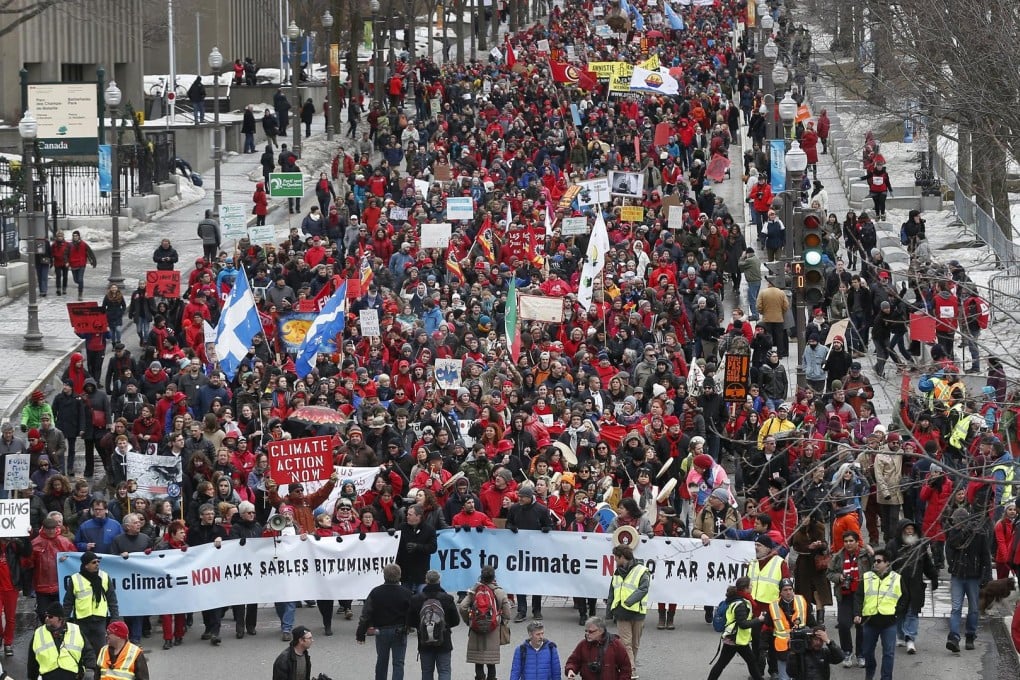As climate talks belch hot air, activists are putting their lives on the line
Activists are putting their lives on the line around the world while climate talks belch little more than hot air

How is it that in a year stuffed with conferences on environment and human development, from climate talks in Paris and on new development goals in New York, those actually trying to save the environment are at best dismissed as enemies of progress, and at worst are being killed at an increasing rate and with almost complete impunity?
There is a recognisable theatrical form at UN summits where environmental agreements get negotiated and signed. It starts with general anticipation, the unreasonable expectations and triumph of hope over experience. There are the well meaning but often leaden stunts by campaign groups in conference halls. Rumours flow for days like tides about good and bad deals being cut. Then, insomniac civil servants wage self-important all-night battles like mythic warriors transplanted to the set of , over the wording of compromised treaties.
The final act always combines face-saving statements against a chorus lamenting how far short proceedings have fallen. And then the cycle repeats. The very authorities who should be investigating the crimes against activists are often implicated.
If you've ever been to one of these events, you'll have experienced the air of unreality and disconnection they have in common. Air-conditioned, lacking natural light, fed and fuelled by listless, overpriced corporate catering, they couldn't be more removed from the natural environment they are meant to protect, or from the often brutal reality of doing so on the ground.
It's a world far removed from the grief of the family of Daniel Humberto Sanchez Avendano, the 19-year-old Colombian environmentalist murdered after being harassed by police and threatened because of his campaign against a local mine. Or that of Henry Alameda, an indigenous leader in the southern Philippines and an active member of a group protesting against mining and plantations in the Caraga region, who was killed by paramilitaries.
Last year more than two activists per week were killed struggling to defend their environment and land. That represents an increase of 20 per cent over the year before and is about double the number of more high-profile and equally tragic killings of journalists in the course of their work. The updated research by Global Witness is almost certainly an underestimate because countless crimes, often happening in remote areas, do go unreported.
Worse, the very authorities who should be investigating are often implicated. Among the few cases that were well documented, 10 involved paramilitary groups, eight the police, five privately hired security guards, and three the military.
